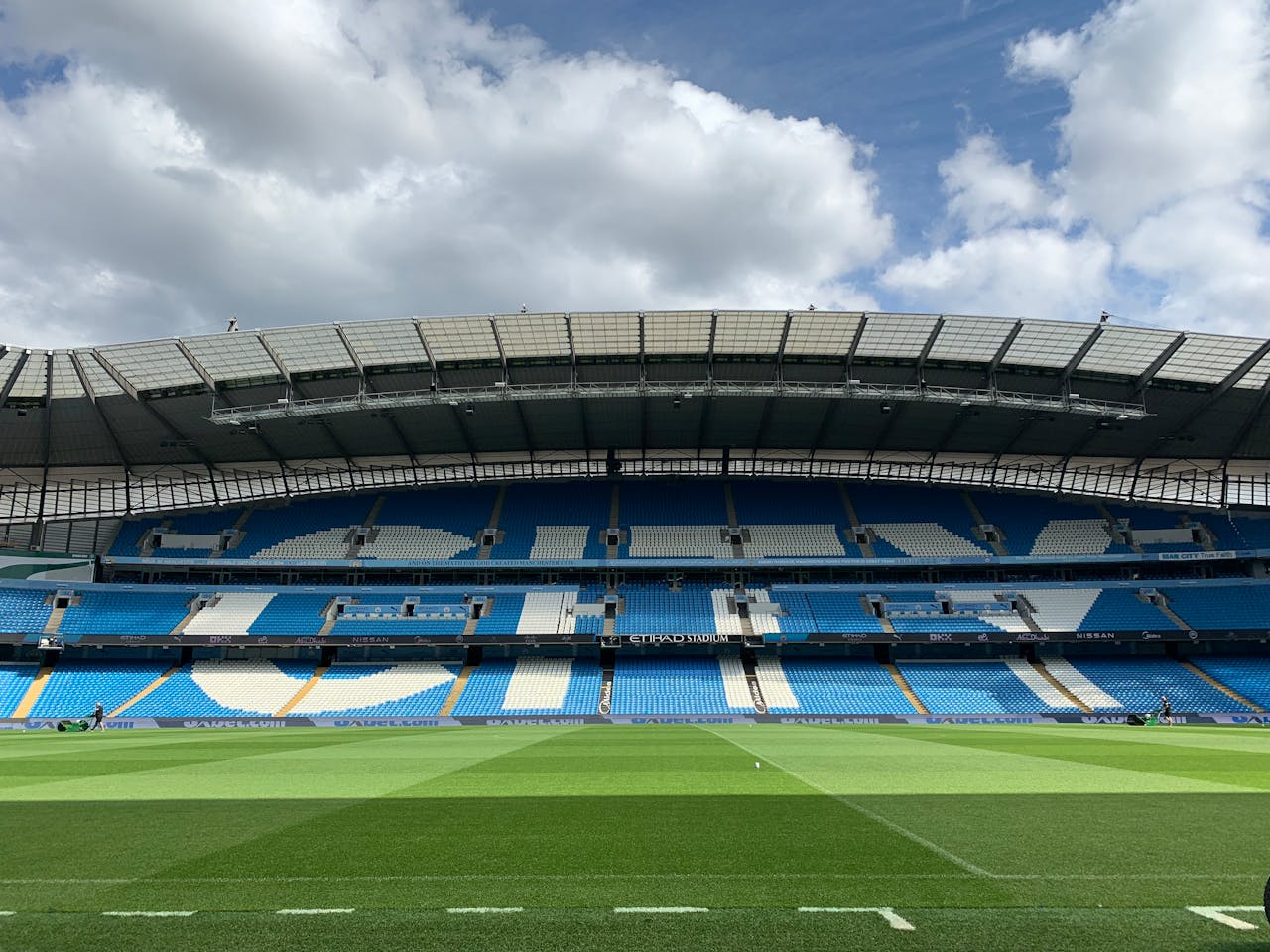Manchester Derby: Police Brace for Arrests Amid Increased Security

GMP (and defence lawyers) Gear Up for Busy Day.
Today’s Manchester derby at the Etihad Stadium is set to see Greater Manchester Police (GMP) deploying one of its largest matchday operations in recent years.
The Premier League clash between Manchester City and Manchester United kicks off at 16:30 BST, and police say they are determined to prevent the disorder that marred last season’s fixture.
When the clubs met at the Etihad last year, 16 people were arrested for offences ranging from public order breaches to assaults. This time, GMP has warned of a “comprehensive policing operation” stretching beyond the stadium itself — with officers stationed on public transport, in the city centre, and in surrounding areas where fans are likely to gather.
High Profile Football Matches and the Law: Where Arrests Can Happen
While most fans will attend the match and simply soak up the atmosphere, football remains one of the UK’s most heavily policed sporting events. Offences that frequently result in arrest on matchdays include:
- Public order offences – such as using threatening, abusive or insulting words or behaviour.
- Alcohol and drug-related offences – drinking alcohol on designated transport to football matches, or entering a stadium while drunk is a common offence. There is also a significant increase in drug-related offences from attendees of matches as well – with offences under the influence and possession of Class A drugs like Cocaine as well as other drugs a frequent issue.
- Ticket touting and entering without a ticket – both are criminal offences under the Football Offences Act.
- Racist or discriminatory chanting (including “tragedy” chanting) – a criminal offence that can also result in lengthy stadium bans.
- Violence and assaults – which can attract immediate custodial sentences when linked to football disorder.
Under current legislation, those convicted of football-related offences may also face a Football Banning Order (FBO), which can prevent them from attending matches in the UK and abroad for up to ten years.
This is in addition to any prison or community sentence imposed by the courts.
Police Presence and Preventive Powers
Ch Supt Colette Rose of GMP said: “Our aim is to ensure that everyone can enjoy the match safely and without disruption. We encourage anyone attending the match to speak to police officers or stadium security if they witness or experience any form of abuse or criminal behaviour.”
Police officers at football matches are also supported by spotters and intelligence units, who work to identify known troublemakers. If officers suspect individuals are travelling with the intention of causing disorder, they can use dispersal powers or apply to the courts for FBOs, even if no criminal conviction follows.
Social Media and Football Disorder
Another growing issue around football events is online behaviour. Fans posting racist abuse, threats, or encouraging violence on social media can find themselves facing criminal charges. Several high-profile prosecutions in recent years have shown that online actions carry the same weight as offences committed in person.
Balancing Atmosphere and Safety
Football culture in the UK is passionate, noisy and vibrant, but there is always a fine line between rivalry and disorder. Police operations like the one around the Manchester derby aim to strike a balance — allowing fans to enjoy the occasion while making sure antisocial and criminal behaviour is swiftly dealt with.
For those arrested, the consequences can extend far beyond the matchday itself. A criminal conviction linked to football disorder may impact employment, travel, and reputation — making it vital for supporters to know their rights and responsibilities before heading to the stadium.
With police, clubs, and fans under the spotlight, Sunday’s Manchester derby will once again test how the law, football culture, and community safety intersect on one of the game’s biggest stages.
How We Can Help
If you would have any questions about the implications of arrest for any of these issues then our award-winning team of experts are on-hand to help answer any of our concerns. Call us now on 0161 477 1121 or email us.


